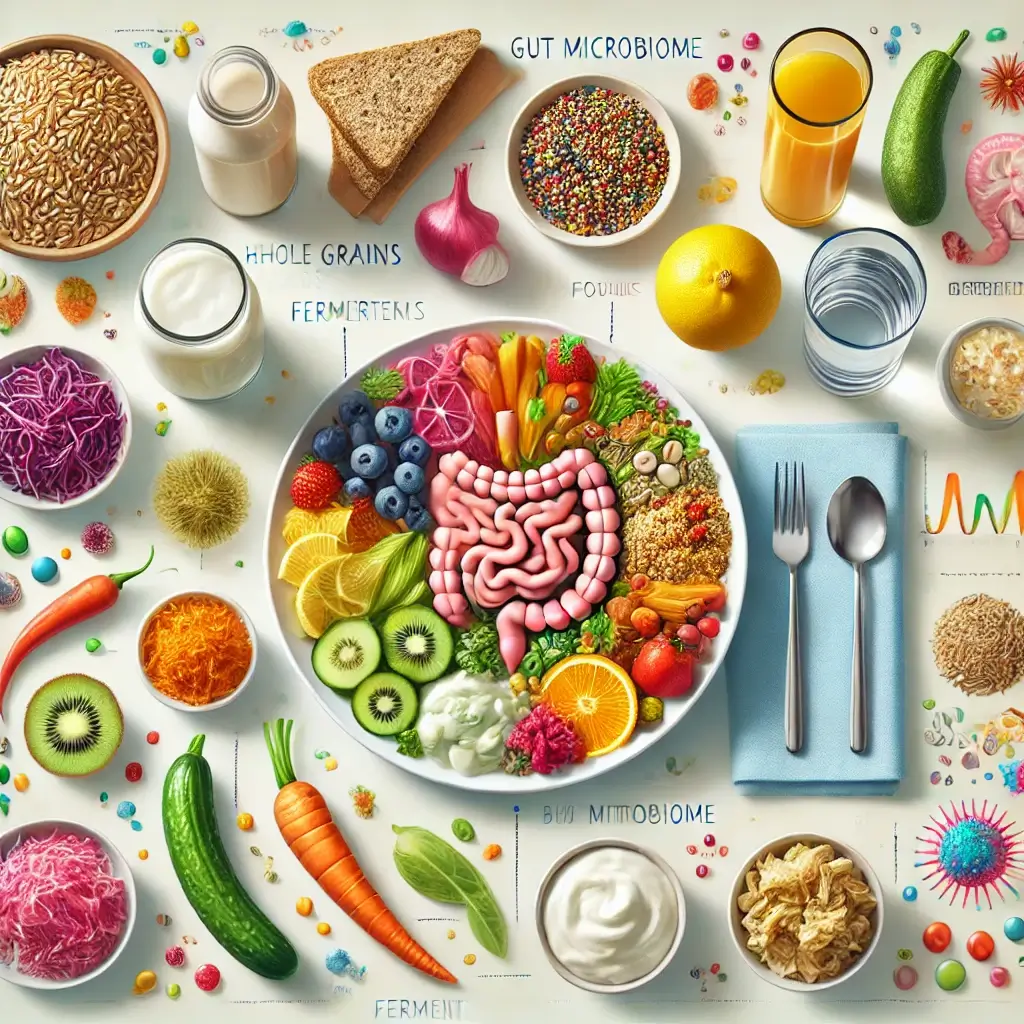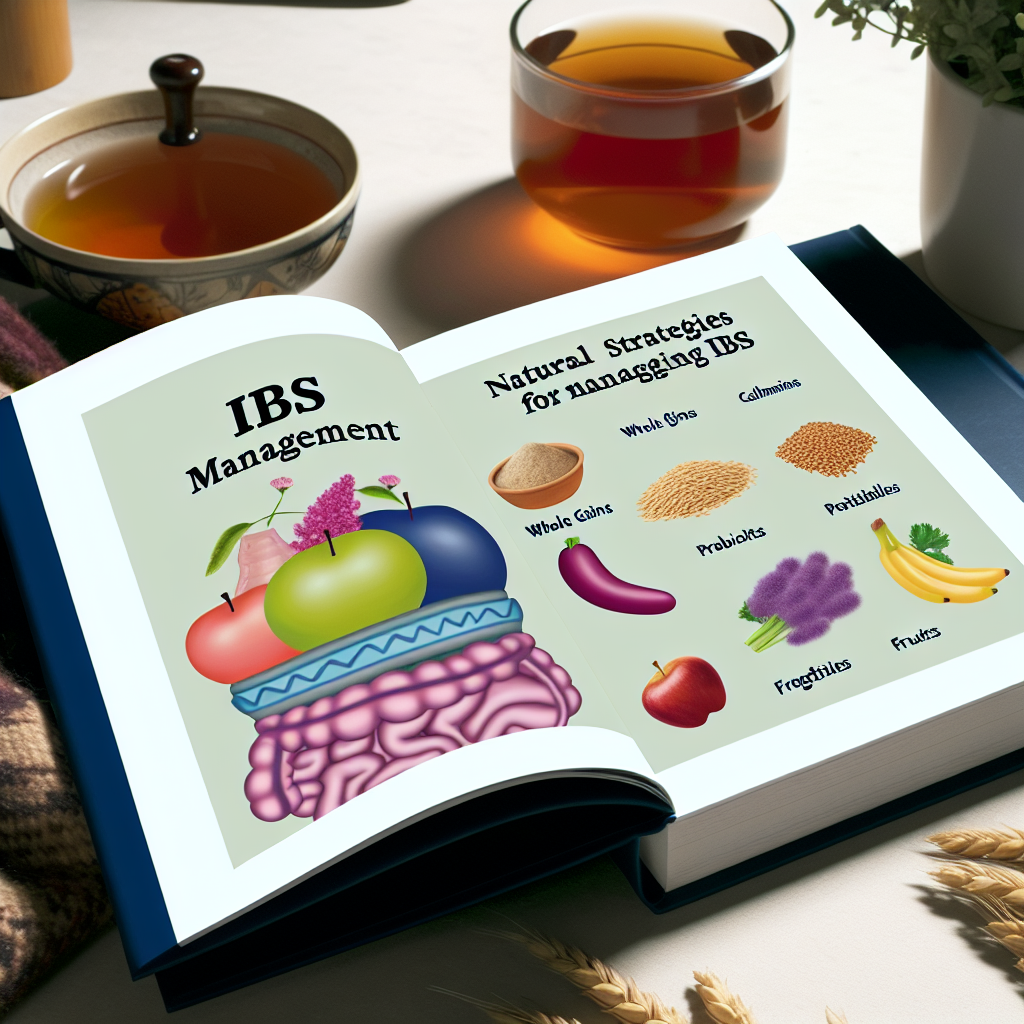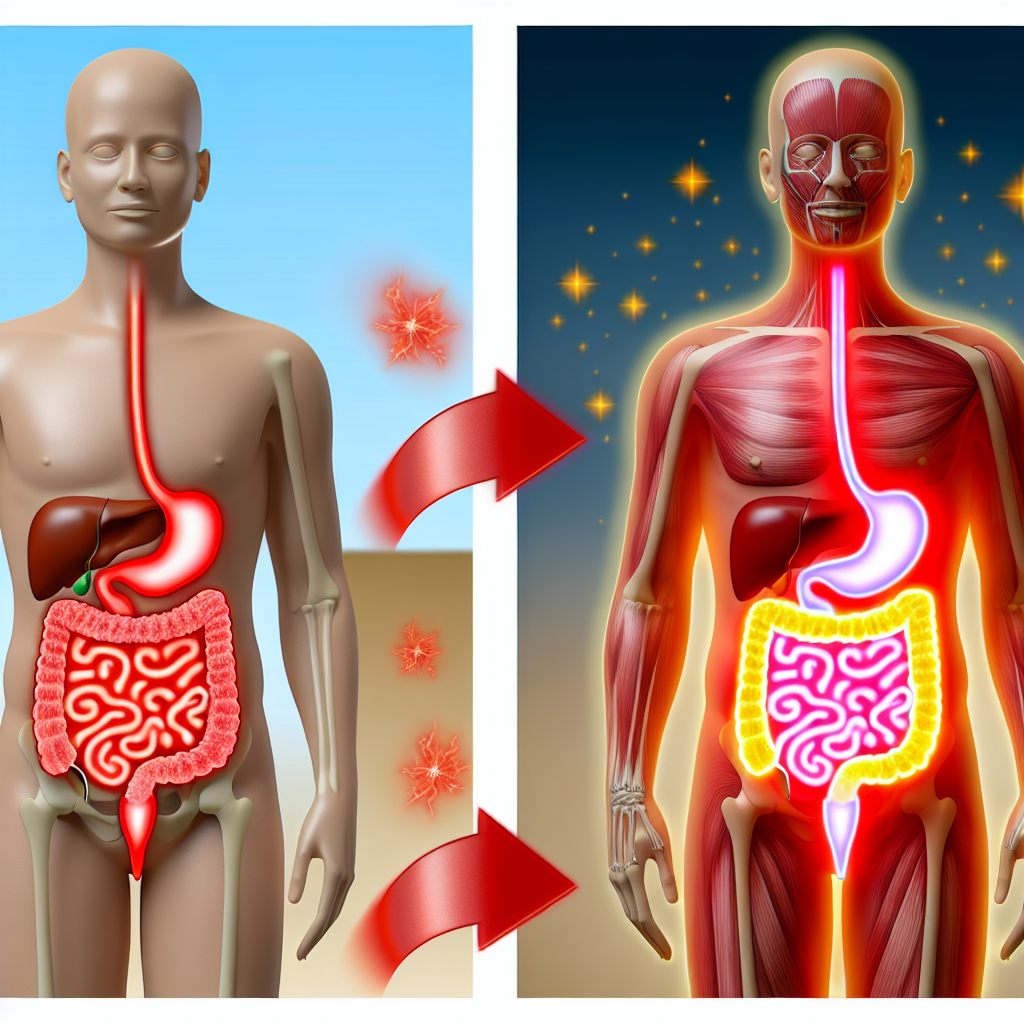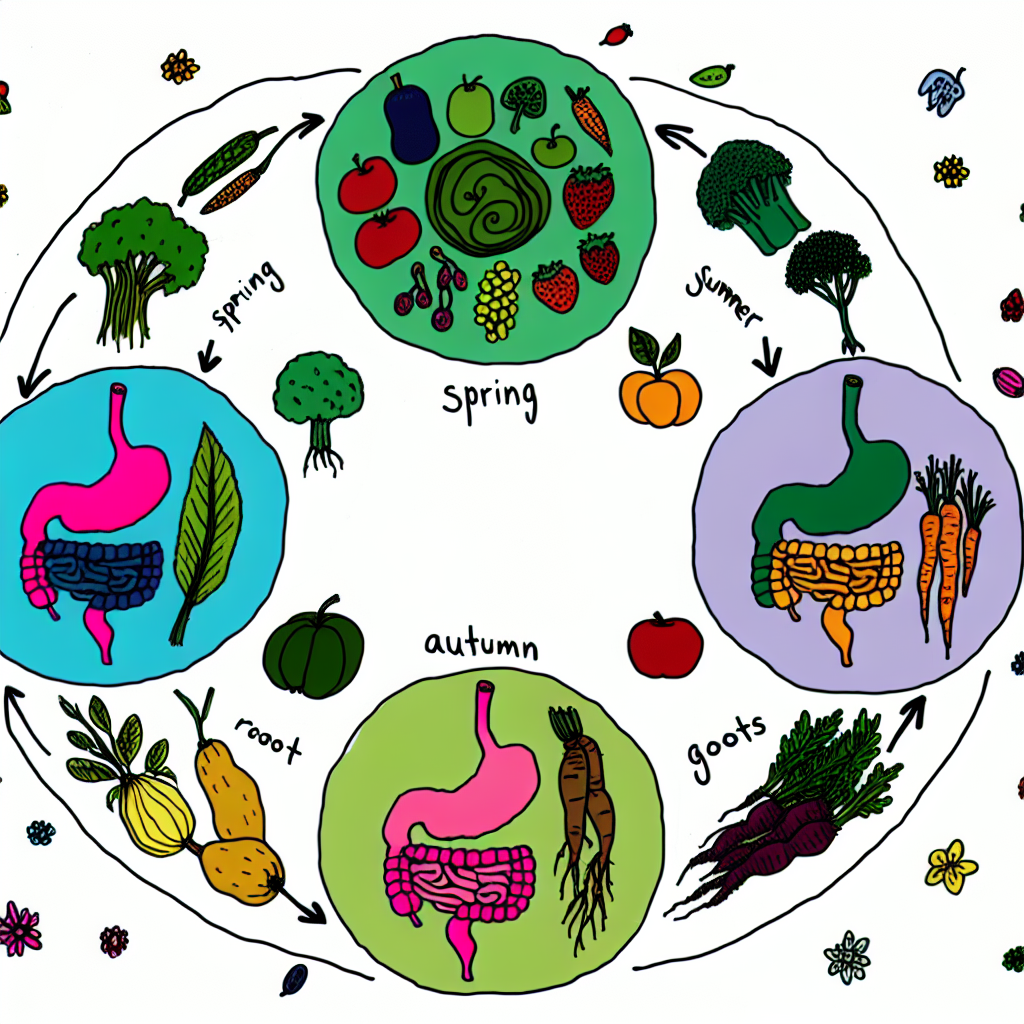Understanding the Digestive System’s Role in Overall Health
The digestive system is not just a collection of organs working to break down food; it is a complex network deeply intertwined with overall health. It affects energy levels, immune function, mental health, and even weight management. At the heart of this system lies the gut microbiome—a bustling community of trillions of microorganisms that aid digestion, synthesize essential nutrients, and fend off harmful pathogens.
Impact of Diet on Gut Health
Dietary choices have an immense impact on gut health. A well-balanced diet helps maintain an optimal gut microbiome, reduces inflammation, and prevents common digestive issues such as bloating, constipation, and acid reflux. Conversely, diets high in processed foods, added sugars, and unhealthy fats can disrupt the microbiome, leading to a cascade of digestive and systemic health problems.
Building a Balanced Diet for Digestive Health
Creating a balanced diet for digestive health involves more than just avoiding harmful foods. It requires the deliberate inclusion of nutrient-dense options that nourish the gut and promote long-term wellness. This article delves into the core principles of a gut-friendly diet, supported by medical research and practical tips.
Key Dietary Practices for Digestive Wellness
1. Embrace the Power of Fiber:
Fiber is essential for a healthy digestive system. It supports regular bowel movements, prevents constipation, and fosters a healthy gut microbiome. Soluble fiber found in oats and apples absorbs water to form a gel-like substance, while insoluble fiber, found in whole grains and leafy greens, adds bulk to stool. Prebiotic fibers in foods like garlic and asparagus provide sustenance for beneficial gut bacteria.
Clinical Insight: A large-scale study in The Lancet confirmed that individuals with high dietary fiber intake had a lower incidence of digestive disorders and reduced risk of chronic conditions like colorectal cancer (McRorie et al., 2018).
Daily Recommendation: Aim for 25–30 grams of fiber per day. Sources include legumes, whole grains, and fresh produce.
Hydration’s Role in Digestive Health
2. Stay Hydrated for Optimal Digestion:
Water is a cornerstone of digestive health, aiding in the breakdown of food, nutrient absorption, and stool softening. Dehydration is a leading cause of constipation and sluggish digestion.
Practical Tip: Complement water intake with hydrating foods like cucumbers, watermelon, and herbal teas. Peppermint tea can soothe digestive discomfort, while ginger tea may reduce nausea and bloating.
The Role of Probiotics and Prebiotics
3. Incorporate Probiotics and Prebiotics:
Probiotics introduce beneficial bacteria into the gut, helping maintain microbial balance, while prebiotics act as food for these microbes. Together, they enhance gut health and improve conditions like irritable bowel syndrome (IBS).
Sources of Probiotics: Fermented foods such as yogurt, kimchi, miso, and kombucha.
Sources of Prebiotics: Bananas, onions, garlic, and whole grains.
Research Evidence: A study in the Journal of Translational Medicine highlighted that diets rich in probiotics and prebiotics reduced symptoms of IBS and improved overall gut health (Singh et al., 2017).
Managing Processed Foods and Digestive Triggers
4. Limit Processed Foods and Digestive Triggers:
Processed foods, often high in unhealthy fats, sodium, and artificial additives, disrupt the gut lining and contribute to inflammation. Reducing consumption of these foods can significantly benefit digestive health.
Special Considerations: For individuals with specific digestive issues like IBS, a low-FODMAP diet may help manage symptoms. Always seek professional guidance before adopting restrictive diets.
Practical Guidelines for a Digestive-Friendly Diet
Diversity is Key: A varied diet ensures exposure to a wide range of nutrients and supports microbial diversity in the gut. Include colorful fruits, vegetables, and different whole grains in your meals.
Eat Mindfully: Slow down and chew your food thoroughly to aid digestion. Avoid distractions during meals to reduce overeating and bloating.
Moderate Portions: Overeating can overwhelm the digestive system. Opt for smaller, balanced meals throughout the day.
Monitor Food Responses: Pay attention to how different foods affect your digestion. Keep a food journal to identify and manage potential triggers.
Conclusion: The Path to Digestive Wellness
Digestive health is a cornerstone of overall well-being, and maintaining it requires consistent effort and informed choices. By focusing on a diet rich in fiber, hydrating adequately, incorporating probiotics and prebiotics, and reducing processed food intake, you can foster a resilient digestive system. Small, sustainable changes to your daily eating habits can yield profound, long-term benefits for your gut and overall health.
If digestive concerns persist or you have a pre-existing condition, consult a healthcare professional or registered dietitian to tailor a plan suited to your needs. A balanced, gut-friendly diet is not only a step toward better digestion but a foundation for vibrant health.
References
McRorie, L. W., et al. (2018). Dietary fibre and health: A narrative review. The Lancet: Gastroenterology & Hepatology, 3(1).
Singh, R. K., et al. (2017). Influence of diet on the gut microbiome and implications for human health. Journal of Translational Medicine, 15(73).
Ouwehand, A. C., et al. (2020). Probiotic and other functional microbes: From markets to mechanisms. Current Opinion in Biotechnology, 61, 83–90.

Dominic E. is a passionate filmmaker navigating the exciting intersection of art and science. By day, he delves into the complexities of the human body as a full-time medical writer, meticulously translating intricate medical concepts into accessible and engaging narratives. By night, he explores the boundless realm of cinematic storytelling, crafting narratives that evoke emotion and challenge perspectives.
Film Student and Full-time Medical Writer for ContentVendor.com




